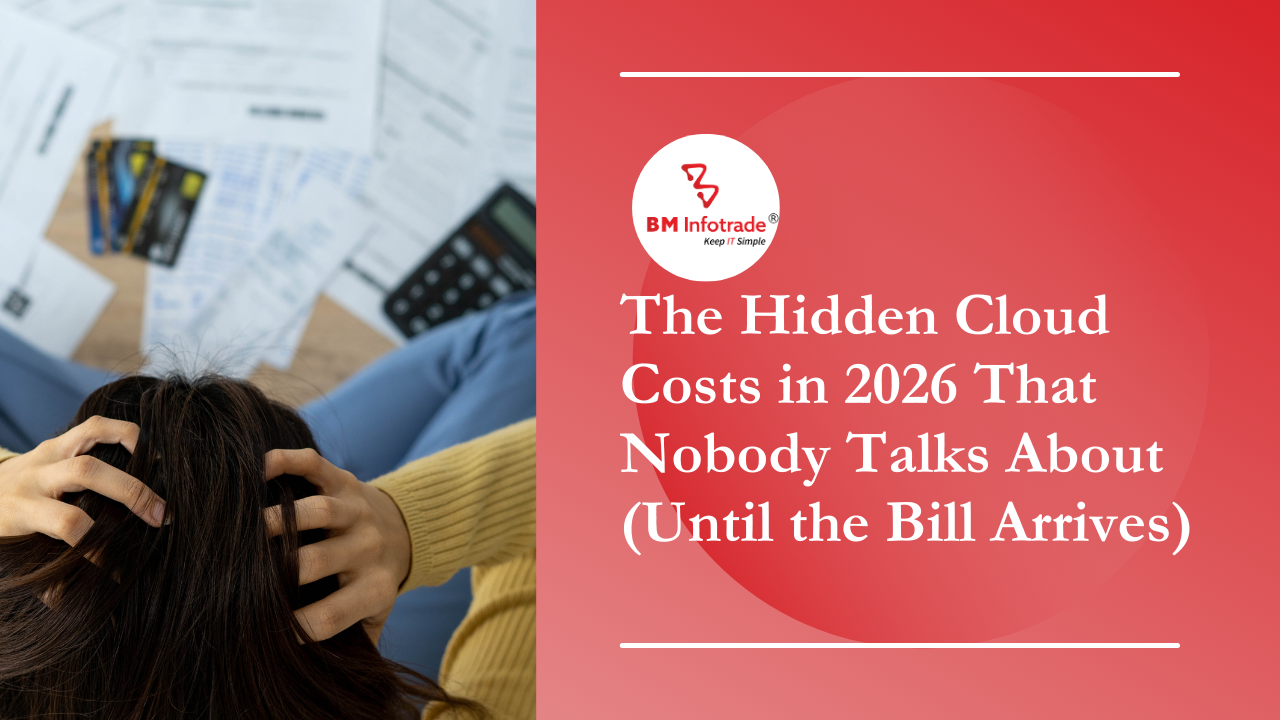What is Customer relationship management (CRM) and why do businesses need them
CRM is a strategy and technology that helps businesses manage interactions with customers, streamline processes, and improve relationships. It centralizes customer data, automates tasks, and provides insights to deliver personalized experiences.

What is Customer relationship management (CRM) and why do businesses need them
Table of Contents
CRM systems help businesses remain competitive in today's customer-centric, fast-paced marketplace. But what exactly is CRM, and why are businesses driven to take it up?
What is Customer Relationship Management (CRM)?
CRM can be defined as technologies, strategies, and practices applied by organizations in managing and analyzing the customer's interactions and data through the customer's lifecycle. The whole purpose of CRM is to improve upon the business-to-business relationship, and customer retention, and to help in developing sales growth.
CRM systems consolidate the information that is obtained from the company website, phone, email, live chat, marketing materials, and social media. These CRMs provide an overall view of the client interaction data, allowing the business to increase efficiency in building loyalty in the clientele and offering better customer service.
Key Components of CRM
CRM systems are composed of several key components:
-
Contact Management: Centralizes customer knowledge and hence allows businesses to keep track of all their contacts and interactions in interest.
-
Sales Management: The system helps in managing and monitoring sales pipelines, forecasting sales, and analyzing performance metrics for process enhancement.
-
Marketing automation: streamlining most repetitive marketing actions, so that the companies can increase their targeting of customers along with effective tracking of the marketing action impact.
-
Customer Service and Support: Improve the experience of the service process with case support and management tools, tracking customer interactions, and providing relevant service.
-
Analytics and Reporting: It supports the provision of insights from customer data to make business decisions by trends and patterns.
Types of CRM Systems

There are three primary types of CRM systems:
-
Operational CRM: This is where CRM is applied to directly support various business processes, like automating and integrating marketing, sales, and customer customer service. This type of CRM is well-suited for an organization interested in automating customer-related business processes.
-
Analytical CRM: This is fundamentally based on analyzing information about customers to arrive at an insight that will eventually aid in decision-making. It can help a business understand customer behavior, preferences, and trends for targeted marketing and customer experiences.
-
Collaborative CRM: Aims at improving communication and collaboration across divisions of an enterprise. This class of CRM shares customer information across the departments, leading to improved customer service and coordinated management of customer relationships.
Why Do Businesses Need CRM?
Improved Customer Service
CRM systems provide businesses with a 360-degree view of the customers and are purposed to arm a company with the ability to deliver duly resourced and fast customer service. Being equipped with readily available and detailed customer histories, preferences, and interactions, a business can answer inquiries promptly and deal with issues more effectively.
Increased Sales
CRM systems enable businesses to gain a faster and more effective way of closing deals by providing the sales team with complete information during the entire process. The sales department can effectively track leads, manage sales pipelines, and make accurate sales forecasts to improve the general sales performance of the organization.
Enhanced Customer Retention
CRM systems help businesses identify and treat the pain points of customers, leading to increased satisfaction and loyalty. It helps businesses not only in increasing customer retention but also in decreasing churn automatically through scheduling and conducting follow-ups with the customers and hence brings the customers back with personalized experiences.
Better Marketing Efforts
CRM systems allow a business to segment its customers in several ways, thus making it possible to target their marketing campaigns. By knowing the behavior and preferences of the customers, businesses can be at liberty to develop marketing messages and offers that would favor groups that have been specified, hence bringing better results.
Increased Efficiency
It allows a business to save time and resources as repetitive tasks are automated and business processes are streamlined, to let employees get involved in strategic tasks that boost productivity and growth.
Improved Collaboration
CRM systems facilitate increased communication and collaboration between the departments in a business. The sharing of customer information and intelligence helps the teams work together more effectively toward one common goal: seamless customer experience.
Read More: Different Types of E-commerce: A Comprehensive Guide
Real-World Examples of CRM Success
From this, many organizations could be in a position to install CRM systems that have led to the acceleration in growth and customer relations. Below are a few examples:
-
Amazon: CRM at Amazon works with a customer-centric approach that involves the analysis of customer data for tailor-made suggestions that will be sure to raise a purchase offer from the customer.
-
Apple: The CRM of Apple has extremely assisted the company. Customer interaction is managed by delivering outstandingly excellent customer service resulting in massive customer satisfaction and loyalty.
-
Salesforce: A top customer relationship management company, Salesforce uses CRMs to manage customer relationships, and sales performance tracking, and run targeted marketing campaigns.
Choosing the Right CRM for Your Business
CRM done right can vary in terms of business size, industry, and special needs. Here are a few useful tips for choosing a CRM:
-
Articulate Your Needs: Define what you intend to achieve with your CRM software. Do you wish your CRM to better serve your customers, to increase your sales, or to raise the efficiency of your marketing?
-
Feature Comparison: Pit different CRMs against each other based on their features to determine which one is going to meet the most needs for your business. Some features that you look out for, in general, are contact management, sales automation, marketing automation, and analytics.
-
Think Scalability: Choose a CRM system that grows with your business. Just ascertain that the system is workable with an increasing number of contacts and transactions should your business expand.
-
Integration Check: Ensure the CRM tool is integrated with all the other tools and software that you are accustomed to, including email, social media, and accounting systems.
-
User-Friendly Interface: Choose a CRM system that's user-friendly and easy to navigate. A user-friendly interface will pique the interest of your team in the deployment, and you can easily carry them along in the utilization process.
-
Support and training: Look for a vendor that provides you with substantial customer support and training resources so that your team can quickly become familiar with how to use the system and handle any issues that may crop up.
CRM is a relevant need for companies that are trying to build strong relationships with their customers, increase sales, and, at the same time, increase efficiency. Such CRM systems pose as the most important type of software to help businesses centralize all the customer information, automate all the processes, and avail insightful kinds of information to deliver tailor-made customer experiences and allow accurate decision-making based on data from various dimensions. Adopting the right CRM system will change how you engage with customers, thus fostering growth that is in line with the competitive needs of today's world, which is strongly customer-centric.








Anshul Goyal
Group BDM at B M Infotrade | 11+ years Experience | Business Consultancy | Providing solutions in Cyber Security, Data Analytics, Cloud Computing, Digitization, Data and AI | IT Sales Leader